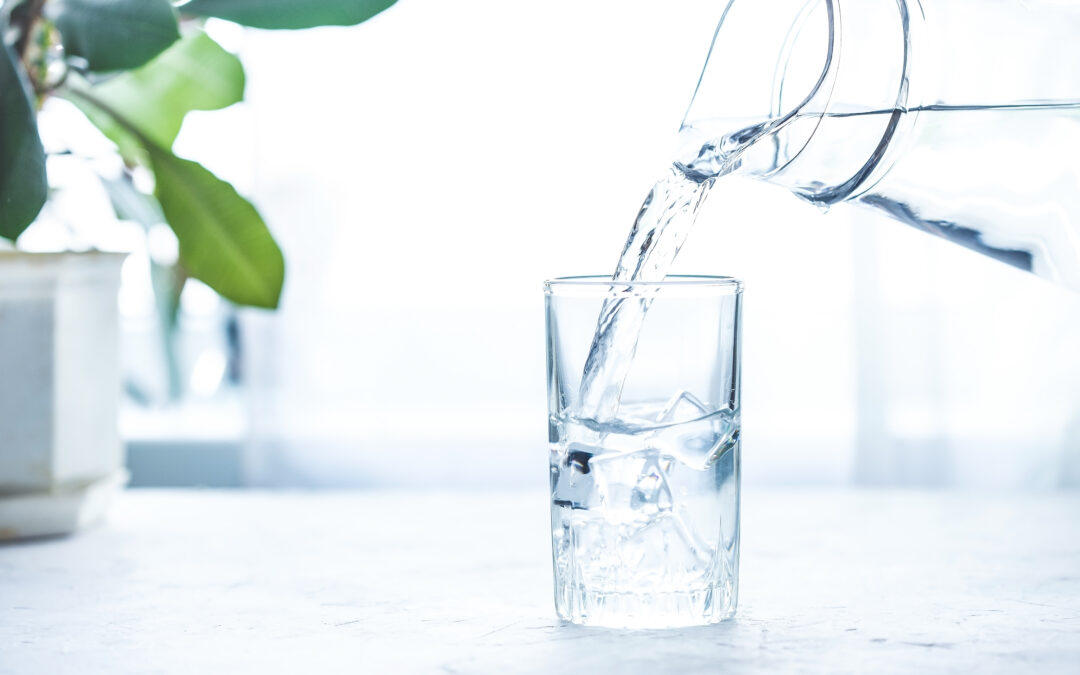What is Alkaline Water & Why Should it Matter to Dallas Fort Worth Westoplex residents?
If you reminisce back to the days of your youth and think about sitting in science class, you may remember learning about the pH scale. What does the pH scale have to do with alkaline water? Don’t worry, if you’ve been wondering about the potential health benefits of alkaline water compared to regular water, you’ll appreciate this little science lesson. Let’s begin!
pH scale ranges are the first thing that you’ll need to understand to wrap your mind around alkaline water. We all know that water is written as H2O, which stands for 2 parts hydrogen (or 2 hydrogen atoms) and 1 part oxygen (or 1 oxygen atom).
“pH” is short for potential hydrogen. The number of hydrogen ions ranges from 0-14 on the pH scale. The most acidic potential hydrogen is 0, 7 falls in the middle and is perfectly neutral, anything with a potential hydrogen higher than 7 is alkaline, with 14 being the most alkaline.
What is Alkaline Anyway?
Just in case you were snoozing during your 6th-grade science class, you can see from the scale below that alkaline (or basic) is the opposite of acidic. Each number represents a 10-fold increase in alkalinity or acidity compared to the previous digit.
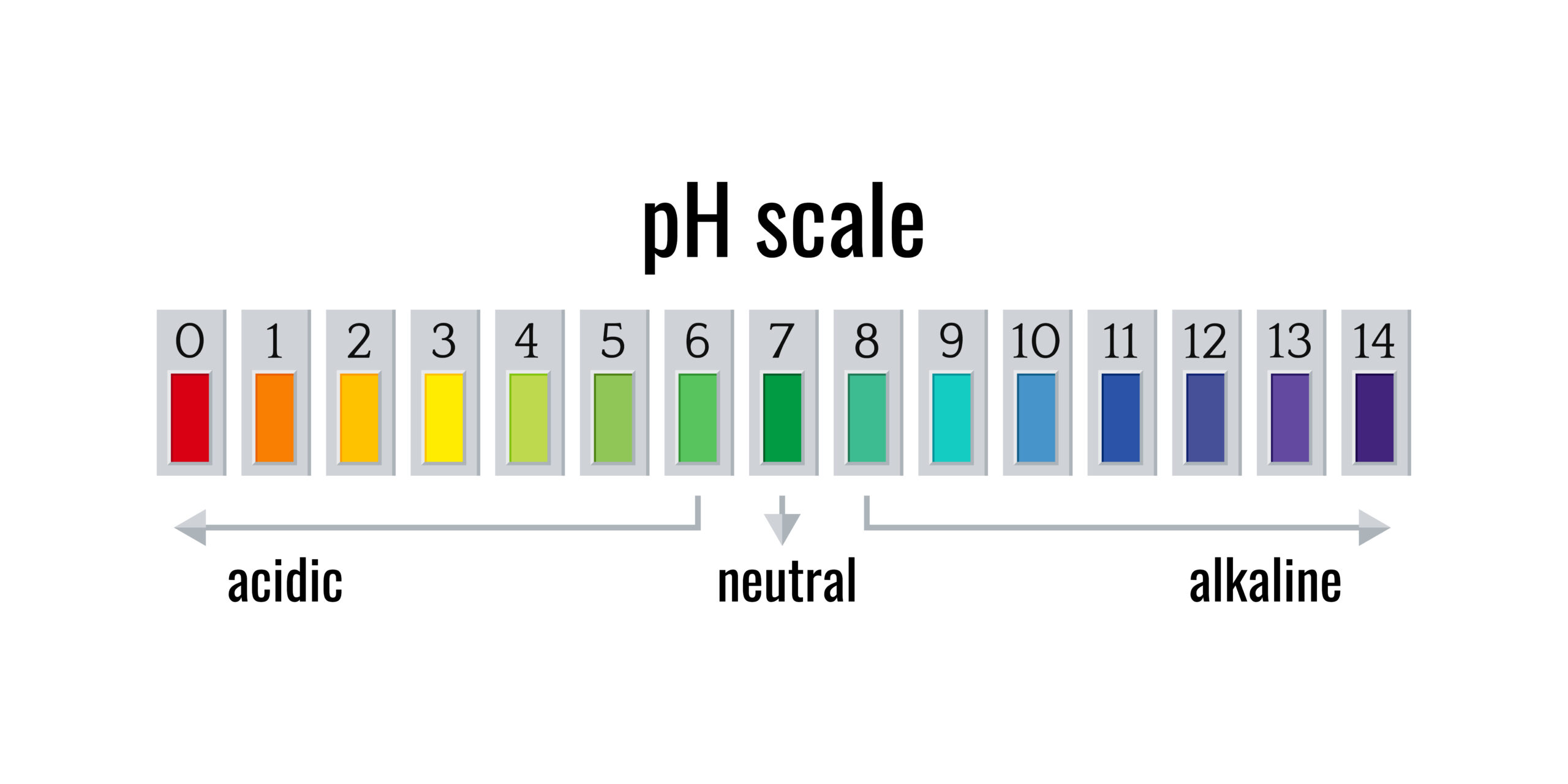
Alkaline substances are soluble, meaning that they can help remove impurities. Some examples of things that are alkaline are soap, bleach, oven cleaner, toothpaste, and anything else with a pH of more than 7.
Some examples of acidic things are vinegar, lemon juice, carbonated soda, batteries, stomach acid, and anything with a potential hydrogen lower than 7. It’s important to note that having too much of anything in one direction or the other can cause an imbalance.
Since neither alkaline water nor acidic water is technically considered safe to drink, perfect drinking water should ideally have a neutral pH of 7.
Alkaline byproducts, like chlorine, that are used to clean the water at the treatment facility before it makes it to your home, are often present in plain water. That’s not the only thing, though. Hang in there. We’ll explore this further.
If that’s true, why do residents in the Dallas Fort Worth Westoplex area want to drink alkaline water? What’s the goal?
Those are good questions!
Many Dallas Fort Worth Westoplex residents simply know the importance of having clean, healthy drinking water in their homes and choose to invest in a reverse osmosis system. This type of system can remove up to 99% of the contaminants and minerals found in your average tap water creating water that is pure and stripped of nearly everything.
Taking all that out must result in water that is super healthy right? Well, yes and no. It doesn’t happen all the time, but stripping out all the minerals can cause the water to become slightly acidic. However, sometimes the water in our homes is already too acidic or alkaline to begin with.

You Don’t Need a Degree, Just a Neutral pH
This is why testing your water even after having a reverse osmosis system installed is so important. You want to drink water that is as close to a pH of 7 as possible, remember that 7 is neutral. If it’s less than 7, an additional alkaline filter can help restore the mineral content of your water to improve the quality to better than what you’ll find from bottled water.
In some instances, a reverse osmosis system balances with the current pH of your water and results in a pH that is a perfect 7. Again, this is why testing is so important.
If you’re at a neutral 7, an alkaline water filter wouldn’t be recommended with your system. Adding an alkaline water filter to a system already producing water that is a neutral 7 can cause it to become slightly too alkaline.
At a local water treatment dealer like Elder's Pure Water, you can get your water tested for free to find out exactly what’s in your water. They can test the potential hydrogen level at the same time to let you know if an alkaline water filter is recommended.
Is “Alkaline Water” Authentically Alkaline?
Think about this critically for a second. In some instances, an alkaline water filter takes the pH of water back to a perfectly neutral 7. That means that the water is neutral, right? If the water is neutral, you wouldn’t actually be drinking alkaline water.
Truly alkaline water is higher in pH and is not what you want to be consuming regularly. However, if water runs through an alkaline filter, some would say that it is “alkaline” water. This has altered the terminology and changed what “alkaline water” means to some people.

So What if My Water Has a Low pH?
Don’t panic if your water falls slightly to one side or the other. Slightly acidic (a 6 on the scale) or slightly alkaline (an 8 on the scale). This is still within a safe range. You’re not likely to experience gastrointestinal issues or tooth decay within this range.
If you’re still panicking over where your water falls on the scale, here are a few acidic examples that may put you at ease. Coffee has a pH of around 4 or 5, and milk sits at 6. Vinegar is at 2-3, and oranges are at around 3-4.
While these things can be bothersome to certain people or cause them to have digestive issues or gastrointestinal symptoms, that’s not typically the case. However, if you are someone who struggles with acid reflux or acidic substances, you may benefit from hydrating with what has come to be known as “alkaline water” and getting your water’s pH level closer to that neutral level. If you typically drink coffee or soda with no issues, having slightly acidic water is likely not a large concern for you.
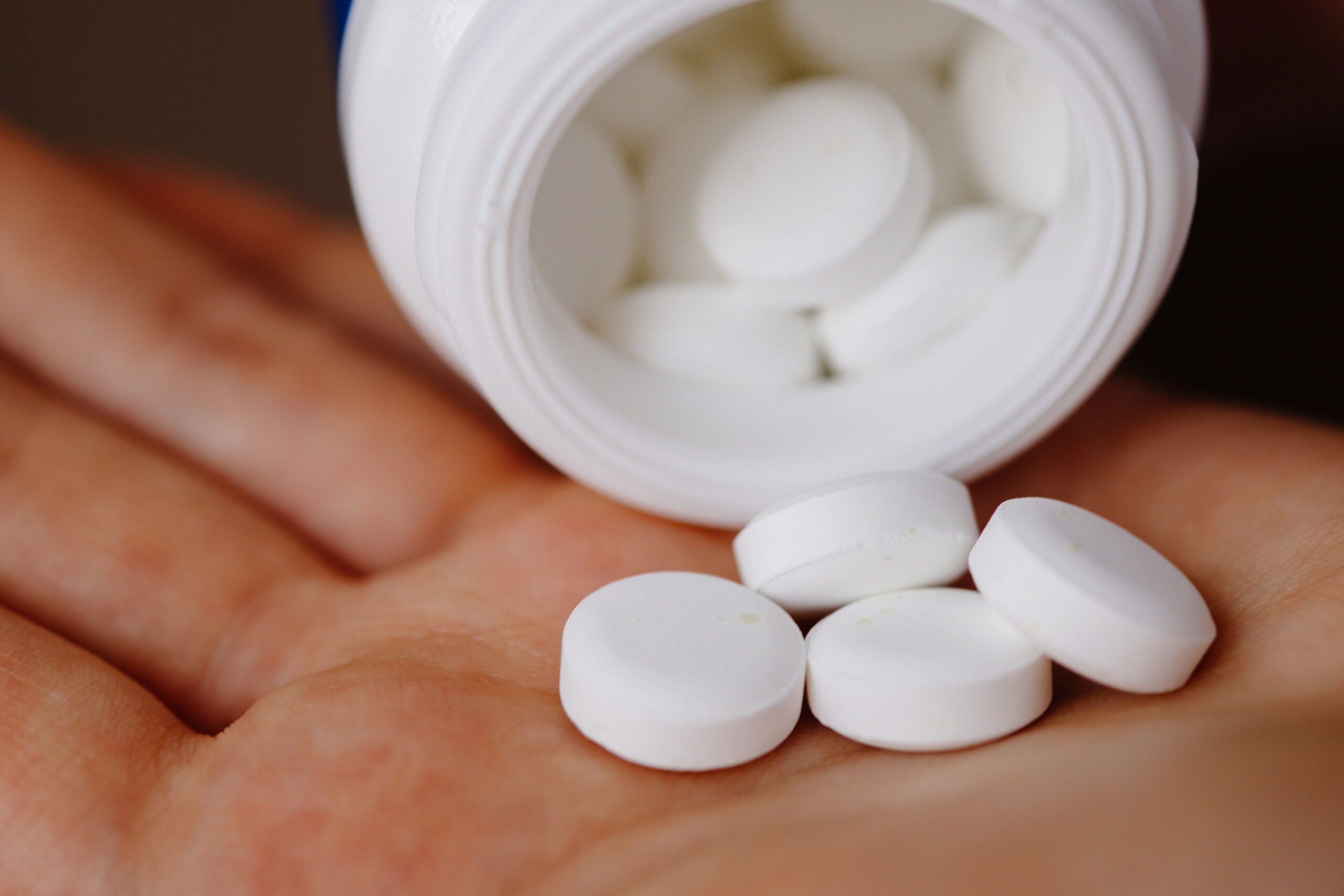
What if I’ve Already Been Drinking High Alkaline Water?
Let’s look at the opposite side of the spectrum, alkaline. If you happen to take over-the-counter heartburn tablets, they generally have a pH of as high as 10 to help neutralize gastric juices in your stomach.
Consuming alkaline water with elevated pH levels might not necessarily present health risks, but it doesn’t inherently offer health advantages. Do you experience dry or itchy skin? If you do, the water you’re using could have a higher pH due to mineral deposits from water contamination, which can be common for various reasons.
Many chemicals or contaminants, along with an excess of specific minerals or metals, can travel through pipelines, particularly in areas or homes with damaged or corroded pipes. Even well water can be susceptible to an overabundance of certain metals like iron.
Excess iron often leaves unsightly orange stains in sinks, showers, and toilets. If your water can leave such marks on your household appliances and fixtures imagine the effect it can have on your health. Are you starting to think about the health advantages of gaining better-quality water?
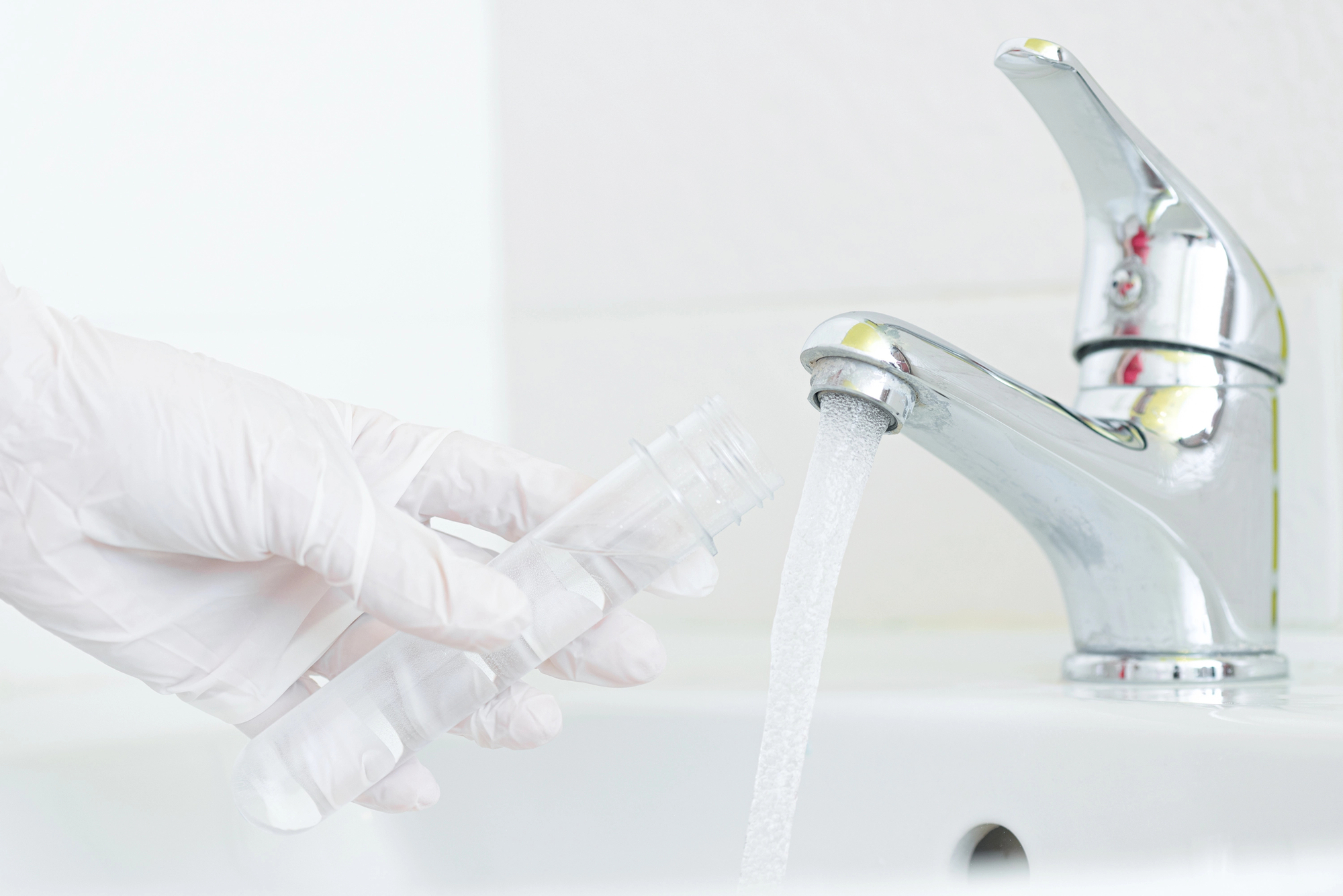
Testing Your Water Quality
That’s just one of the many reasons that people in the Dallas Fort Worth Westoplex area choose to have their water tested. Many of those same people have chosen to invest in their family’s health by installing a water softener or whole home filtration system.
These types of systems can not only address issues like dry, irritated skin, but they can also significantly impact the lifespan and efficiency of water-using appliances, make soap go further, make towels feel softer, and make those pesky whites whiter.
Families that have truly alkaline water with a pH over 8.5 often complain that their water has a bitter taste.
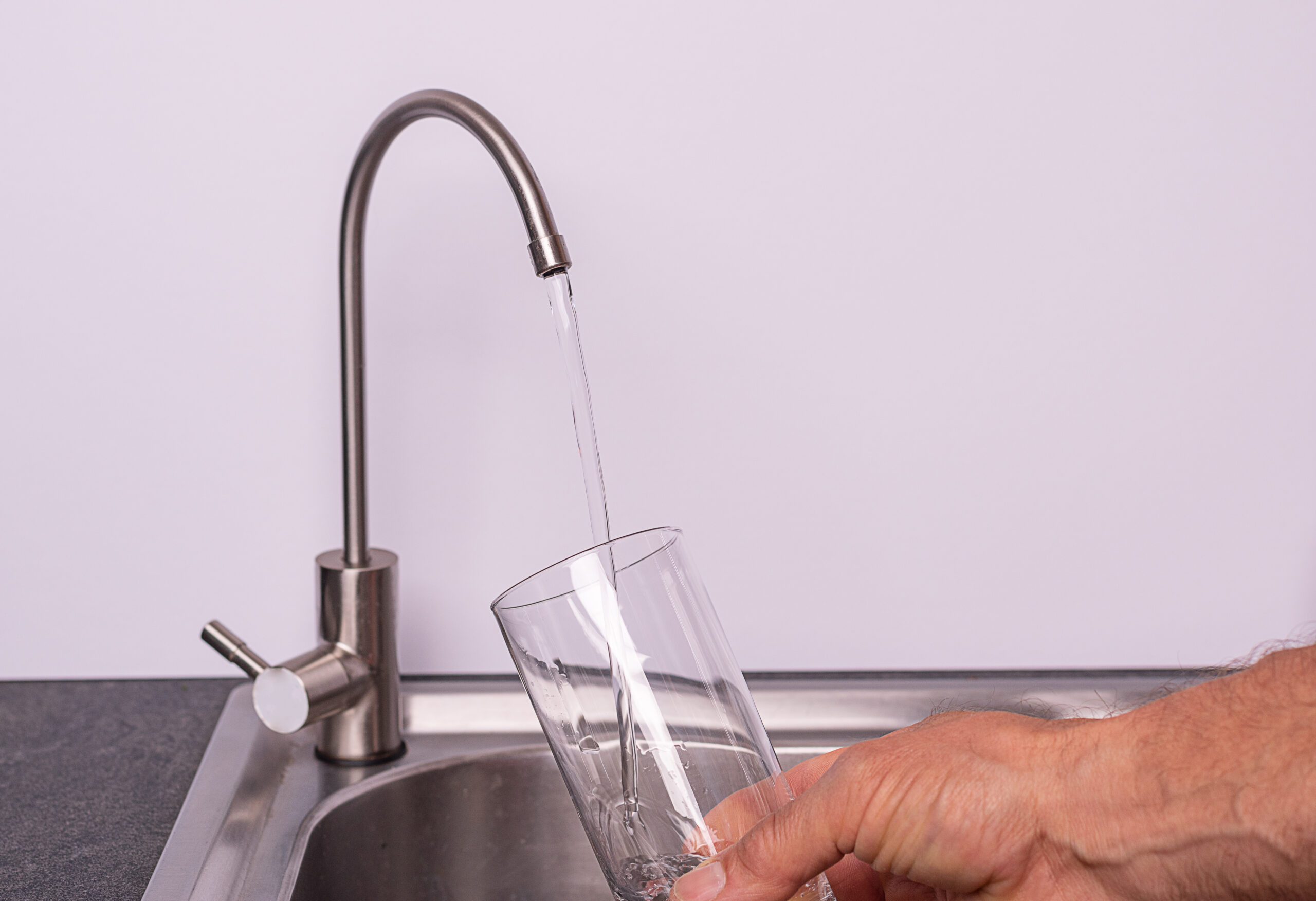
So, is Drinking Alkaline Water Good?
It depends on what you’ve decided on for your definition of “alkaline water”. If you’re thinking of alkaline water as water that has been treated by reverse osmosis and then remineralized with an alkaline filter (aka putting all the good minerals back in) to restore the perfect pH of 7, then yes. Alkaline water is beneficial to your health.
However, drinking truly alkaline water (or high-pH water), as discussed above, may not be the best decision for your health, especially since the body has robust mechanisms to regulate pH levels. There is also a lack of scientific evidence to say that drinking alkaline water makes a significant difference or enough evidence to tote its health benefits, further studies are needed.
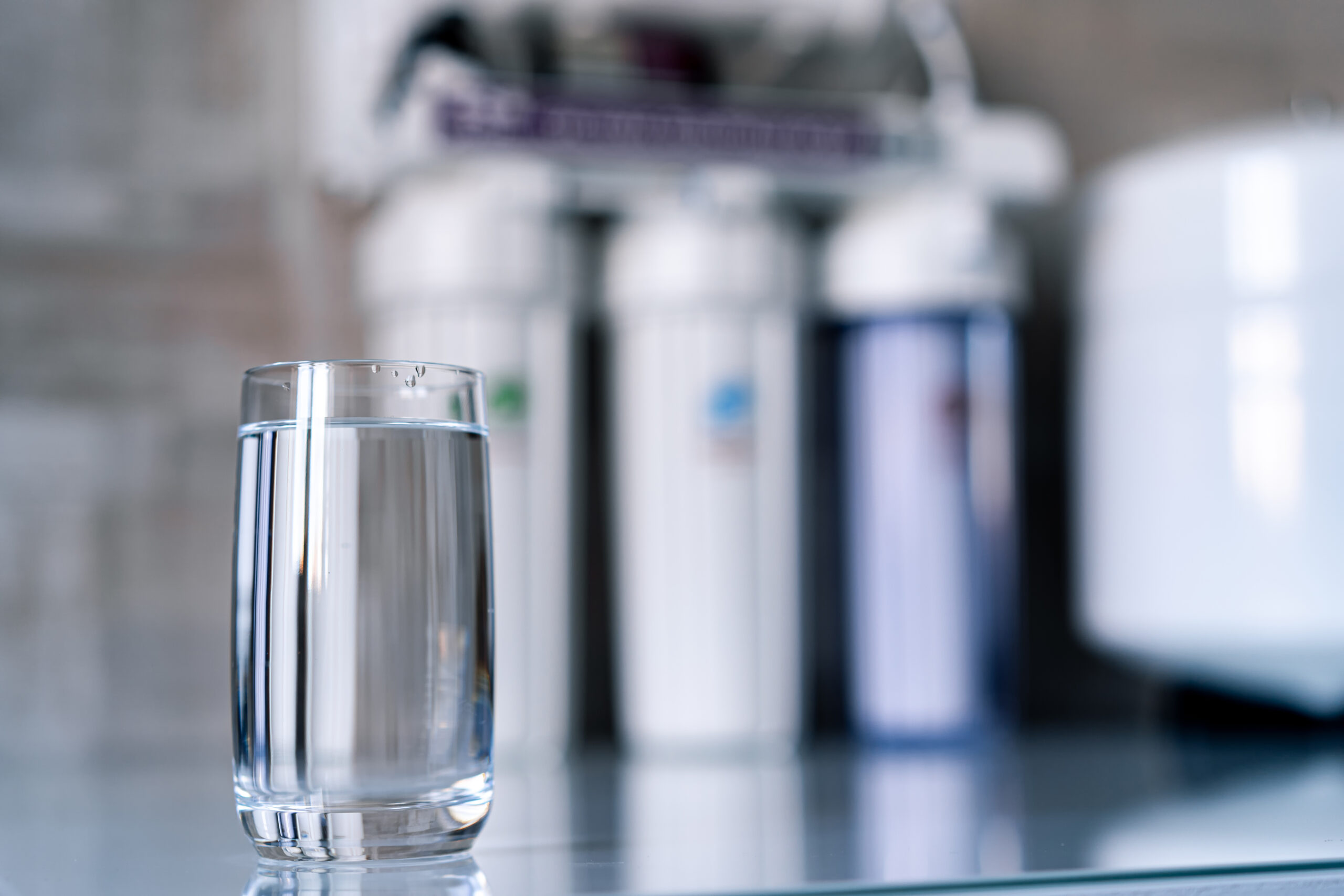
So, What Exactly is an Alkaline Filter?
You can gather from the context above that an alkaline filter is a filter designed to elevate the pH level of water by making it more alkaline. It typically utilizes a process called ionization or mineralization to reintroduce certain minerals and raise the water’s pH.
Depending on your specific needs, these filters can use minerals like calcium, magnesium, and potassium. They might also use ion-exchange resins to increase the water’s alkalinity. As water passes through the filter, these minerals or ion-exchange processes work to adjust the pH level of the water by reducing its acidity and making it more alkaline.
There are a couple of options for alkaline water filters. They can sit right on your countertop if you have the space, but they can also conveniently be added to your reverse osmosis system and tucked away under your kitchen sink.

How Can I Get an Alkaline Water Filter?
At Elder's Pure Water, we offer alkaline water solutions that can fit your needs and your budget. One of our water treatment experts would be happy to come by and administer a free water test to help you make an informed decision on taking better care of the health of both your family and home.
Give us a call at 817-631-4967 to talk to a water specialist today.

